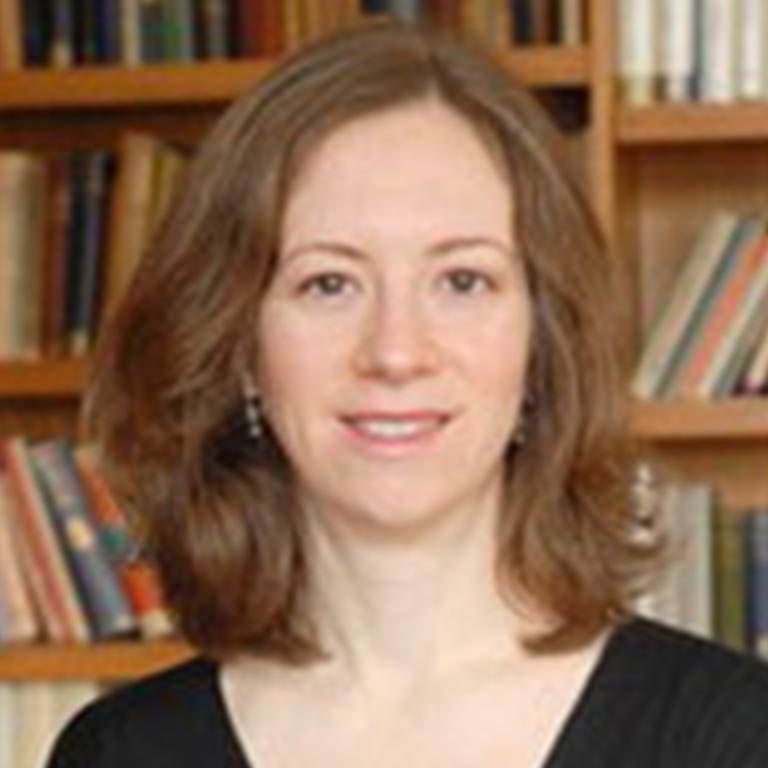The Choice of Odysseus: Homeric Allusion and Ethics in Renaissance Epic and Opera, Oxford University Press, 2024.
“Hidden in plain sight: Sir Michael Dormer's donation to the Bodleian Library in 1603.” With Robyn J. Adams. Huntington Library Quarterly 85 (2022).
“Lines of Beauty.” Edited with Ayesha Ramachandran and Rocco Rubini. Special section, MLN 135, 2020.
“Making Sense of an Ending: Camões’s Odyssean Epic.” MLN 135, 2020.
“Poetics in Practice: How Orazio Lombardelli Read His Homer.” In Bryan Brazeau, ed., The Reception of Aristotle’s Poetics in the Italian Renaissance and Beyond. Bloomsbury, 2020.
“Circean Transformation and the Poetics of Milton’s Masque.” The Seventeenth Century 31, 2016.
“Songs of Experience: Confession, Penitence, and the Value of Error in Tasso and Spenser.” PMLA 130, 2015.
“How to Read The Faerie Queene: A Forum.” Edited with Ayesha Ramachandran. The Spenser Review 44, 2015.
“Tasso's Homeric Counterfactuals,” MLN 127, 2012.
“Milton's Odyssean Ethics: Homeric Allusions and Arminian Thought in Paradise Lost.” Milton Studies 49, 2009.



 The College of Arts
The College of Arts